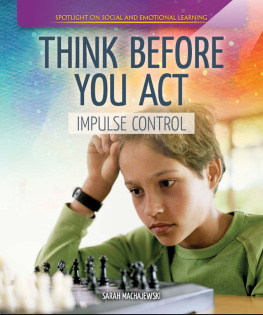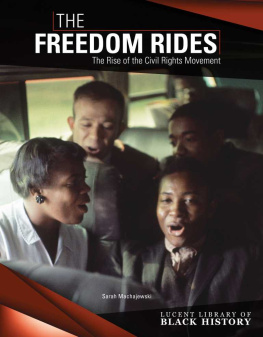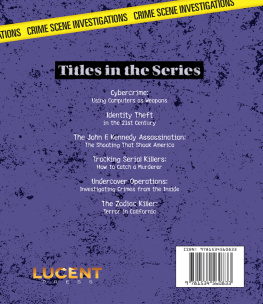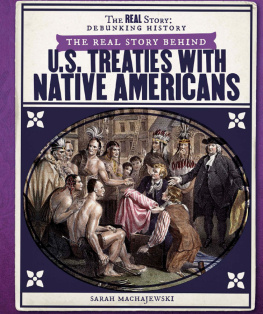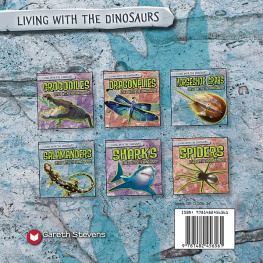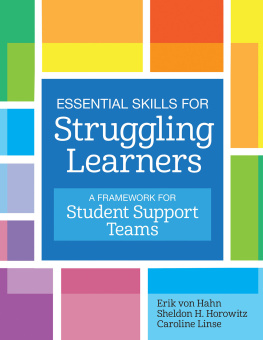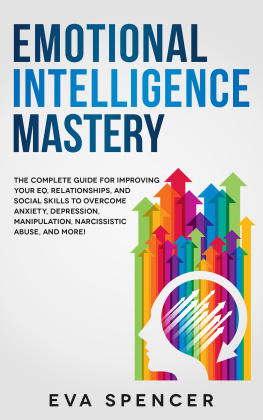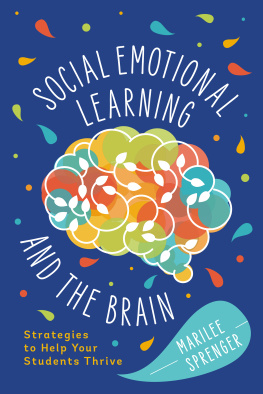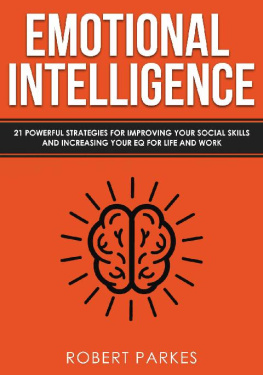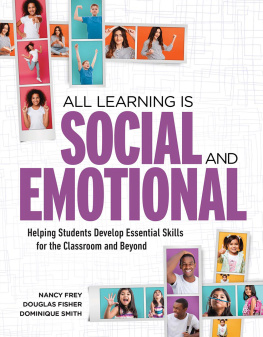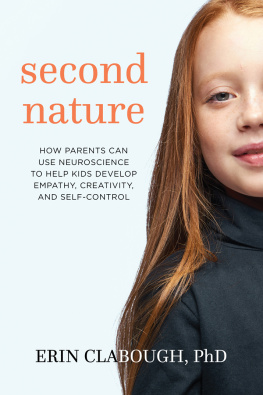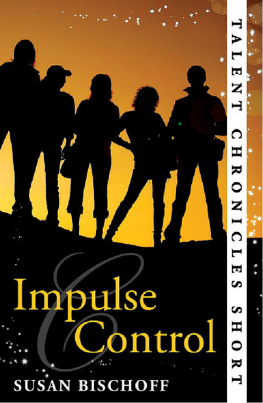Published in 2020 by The Rosen Publishing Group, Inc. 29 East 21st Street, New York, NY 10010
Copyright 2020 by The Rosen Publishing Group, Inc.
All rights reserved. No part of this book may be reproduced in any form without permission in writing from the publisher, except by a reviewer.
Editor: Rachel Gintner
Cover Design: Michael Flynn
Photo Credits: Cover Alistair Berg/DigitalVision/Getty Images; cover, pp. 1, 34, 6, 8, 10,12, 1416, 18, 20, 2224 TairA/Shutterstock.com; p. 4 https://en.wikipedia.org/wiki/Roy_Baumeister#/media/File:Roy_Baumeister.jpg; p. 5 Image Source/DigitalVision/Getty Images; p. 6 https://en.wikipedia.org/wiki/Carl_Lange_(physician)#/media/File:Carl_Georg_Lange_by_Peter_Most.jpg; p. 7 Alena Ozerova/Shutterstock.com; p. 9 Jeff Greenberg/Universal Images Group/Getty Images; p. 11 Viktoria Alisevich/Shutterstock.com; p. 13 iofoto/Shutterstock.com; p. 14 Elena Nichizhenova/Shutterstock.com; p. 15 ANURAK PONGPATIMET/Shutterstock.com; p. 17 zentradyi3ell/Shutterstock.com; p. 19 Olena Yakobchuk/Shutterstock.com; p. 21 Syda Productions/Shutterstock.com; p. 22 Daboost/Shutterstock.com.
Cataloging-in-Publication Data
Names: Machajewski, Sarah.
Title: Think before you act: impulse control / Sarah Machajewski.
Description: New York : PowerKids Press, 2020. | Series: Spotlight on social and emotional learning | Includes glossary and index.
Identifiers: ISBN 9781725302105 (pbk.) | ISBN 9781725302297 (library bound) | ISBN 9781725302204 (6pack)
Subjects: LCSH: Self-control--Juvenile literature. | Emotions in children--Juvenile literature. | Control (Psychology)-Juvenile literature.
Classification: LCC BF632.M33 2020 | DDC 153.8--dc23
Manufactured in the United States of America
CPSIA Compliance Information: Batch #CSPK19. For further information contact Rosen Publishing, New York, New York at 1-800-237-9932.
CHAPTER one
CONTROL YOURSELF!
Control yourself! As a kid, youve probably heard this command a lot. Whether youre told to eat just one piece of candy or told to keep your hands to yourself, knowing how to control yourself is an important part of growing up.
Controlling your behavior isnt always easy, but its a skill everyone needs to have. Why? Because controlling yourself allows you to think before you act, which gives you the chance to take more time and do the right thing. Being in control of your emotions helps you have good relationships with your parents, friends, and teachers because they can communicate more clearly with you when youre calm. Controlling yourself also helps you navigate any situation, no matter how silly or stressful it may be. When you think first, you can prepare for almost anything!

Roy Baumeister is a top psychologist who has studied impulse control.
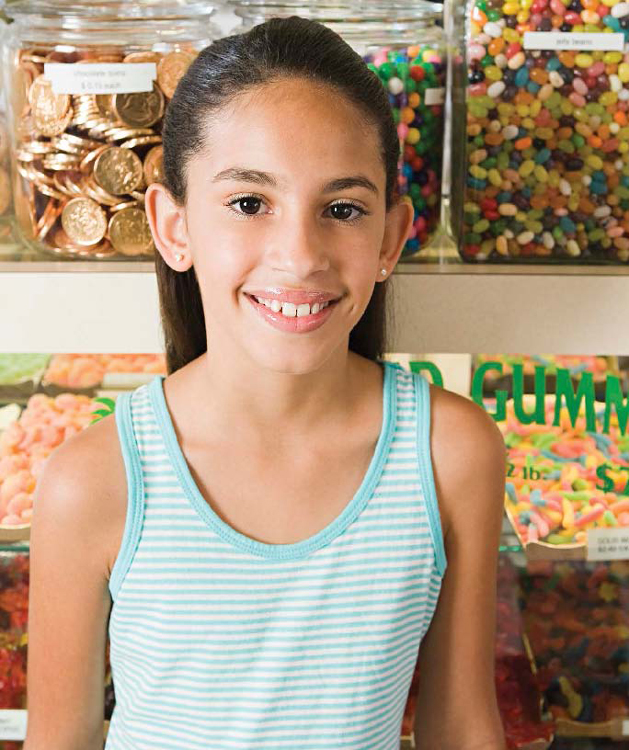
Picture yourself at the grocery store. Try buying only a few pieces of candy, even if you may want more. This is one way to practice controlling your choices and behavior.
CHAPTER two
YOURE IN CONTROL
One special quality of being human is that you can control a lot of what you do. Move forward, move backward, blink twice, smile or frownyou can control these actions. You can choose how much you want to eat for dinner. You can put on a yellow shirt or a gray sweater, or both. You can even decide to read your favorite book five times in a row. Its easy to see how you can control these things. Did you know you can control whats going on inside you, too?
The feelings you have inside your head and your heart are called your emotions. You feel emotions because of what you experience, like seeing your friend and feeling happy or losing something and feeling sad. Emotions are a part of being human.

Carl Lange was a Danish psychologist who constructed theories about where human emotions come from.
CHAPTER three
ACTING ON EMOTION
The way you feel inside may make you want to act a certain way. Have you ever wanted to scream when youre excited or hit something when youre frustrated?
These feelings are called urges, or impulses.Everyone experiences these feelings and theyre completely normal. However, just because the feeling is there doesnt mean you should act on it. For example, you wouldnt scream in a libraryyou know its a place to be quiet. And you know that hitting things may cause yourself or others to be hurt. Being able to control impulses such as these is called self-regulation. You may also hear it called self-discipline or self-control. Whatever you call it, this skill will help you in many ways. It will help you stay happy, have good relationships with people, and spend more time on important things, such as school.
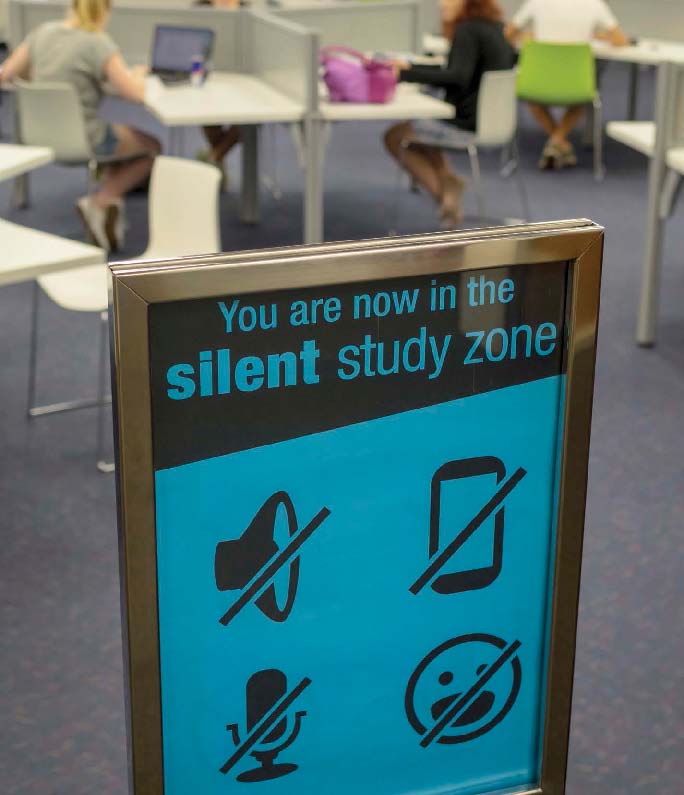
Self-discipline is a lifelong skill. Youll use it at home, at school, and when youre out and about in the world.
CHAPTER four
STOP AND THINK
Impulses can be really hard to control. Sometimes, the desire to blurt things out feels stronger than knowing you should raise your hand to speak. Or maybe it feels good to eat another cookie, but your mom or dad told you to have only one. You can learn to control these feelings, and it will get easier the more you practice. There are a lot of ways to learn self-control, but they all have this in common: you must stop and think before you act.
Try it out for yourself. Consider how youre feeling now. Then, think about the following questions. What does this feeling make you want to do? Why? Should you act on your feelings right now? Why or why not? How would doing so affect others? Do you still want to act, or do you feel differently now?

A famous study done by Walter Mischel is called the marshmallow test. Researchers placed marshmallows on a plate and told young kids they could eat one right away, or two if they waited. This tested their ability to self-regulate.
CHAPTER five
LABEL YOUR FEELINGS
Notice how stopping to think gives you time to consider your situation. When you take this time, you can think clearly and work on avoiding anxiety. Another reason why thinking first is critical is because it can help you understand what youre really feeling.

